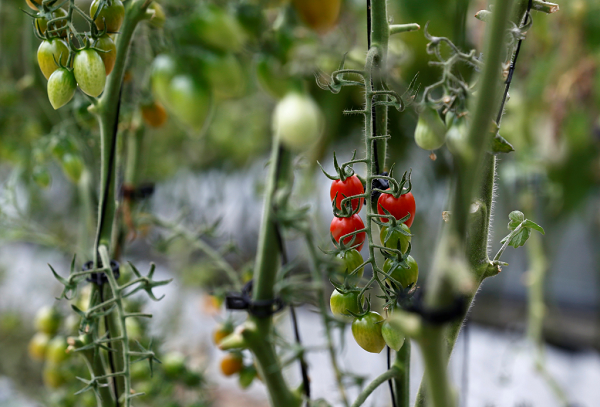Country Fresh Recall 2016: After Listeria Contaminates 30K Cases, How To Prevent Infection

Country Fresh announced a recall on nearly 30,000 cases of precut vegetables after many packages of food were discovered to be contaminated with Listeria monocytogenes.
The Conroe, Texas-based company recalled packages of veggies – including precut onions, mushrooms and peppers –that were shipped to many Southeastern states including Alabama, Florida, Georgia, Kentucky, Mississippi, North Carolina, South Carolina, Tennessee and Virginia with the “best if used by” dates between Aug. 7 and Aug. 19, 2016. All of the affected items were sold at Publix, Wal-Mart, Winn Dixie, Harris Teeter Supermarkets and BI-LO and came packaged in a clear plastic container or in Styrofoam trays wrapped in clear plastic film, the Associated Press reported Tuesday.
The Georgia Department of Agriculture identified Listeria monocytogenes in a single routine sample, which launched the recall on the vegetables. So far no instances of illnesses from contaminated Country Fresh products have been reported.
“We are treating this incident very seriously because we want to ensure that our customers are provided with only the safest most wholesome, and high-quality products available,” Max Payen, director of food safety at Country Fresh, said in a statement.
The Centers for Disease Control describes Listeria as a bacteria commonly found in soil and water, which is normally transported by animals, who can carry Listeria without showing any symptoms of infection. Many raw vegetables can become contaminated with Listeria through contact with the soil or through animal manure that is used as fertilizer. If vegetables are contaminated with Listeria, the bacteria can continue to spread in food processing factories for years, per the CDC, because it can grow in colder temperatures of refrigerators and freezers.
Illness from Listeria can be rather serious, and in some cases even deadly, especially for elderly people, pregnant women, young children and people already suffering from weak immune systems. The infection can cause fever, muscle aches and diarrhea. Pregnant women infected with Listeria are at risk of miscarriage or stillbirth. According to the CDC, approximately 1,600 illnesses and 260 deaths due to Listeria occur annually in the United States.
Listeria can be prevented by thoroughly washing raw produce before eating, cutting or cooking. The CDC suggest using a produce brush to properly clean firm fruits and vegetables such as melons and cucumbers. The department also recommended keeping uncooked meats away from vegetables and cooked food. Washing hands and cooking utensils before and after handling uncooked food also helps reduces risk of infection.
© Copyright IBTimes 2025. All rights reserved.






















